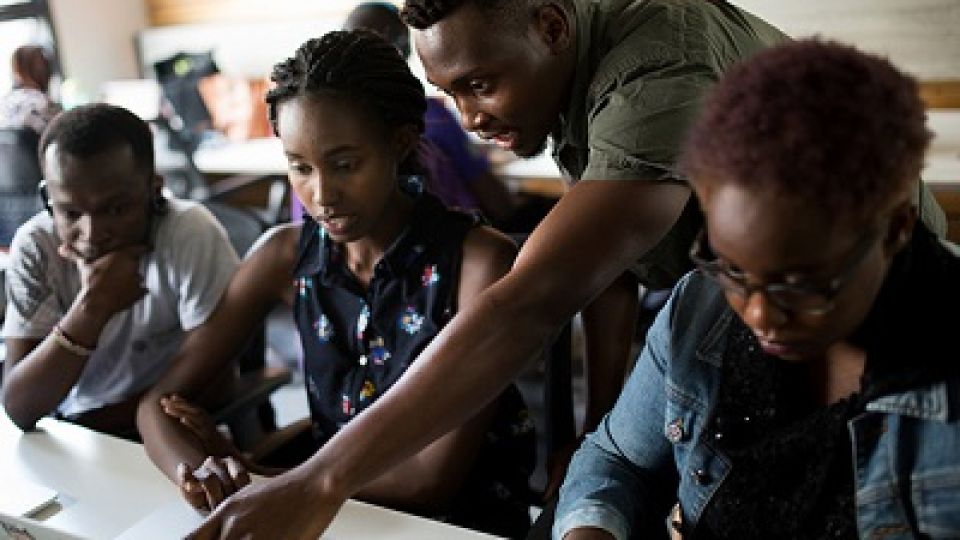by TINTSWALO BALOYI
JOHANNESBURG, (CAJ News) – LACK of support for entrepreneurship, food security and local food production, digital innovation for the future of work as well as energy solutions are witholding the African continent.
These have been identified as the main hindrances to Africa fulfilling its potential as a global innovation hub.
Experts have therefore urged the government and the private sector to address these.
Innovation is essential to driving the creation of ideas, businesses and solutions that give answers to challenges that citizens on the African continent face.
WIPO’s Global Innovation Index (GII) 2022 tracked the current state of innovation globally and their most recent report lists Kenya, Morocco and South Africa as some of Africa’s most innovative nations.
In Kenya, in the period from July 2021 to February 2022, some 30 300 companies were registered, in a country known to be one of the continent’s biggest adopters of mobile phones and digital technology.
“Infrastructure development that supports the growth and innovation of digital technology for both the public and the private sector will certainly go a long way, giving business owners more comfort around growth prospects,” commented Brent Haumann, Managing Director of African digital communications firm, Tilte.
In 20 years, Africa’s internet and thus digital penetration has grown to some 570 million internet users.
These users have been provided access to this technology by innovation that led to being more than 1,2 million kilometres of undersea internet cables connected.
These numbers are growing with the arrival of SpaceX’s Starlink and Google’s Equiano to further drive digital penetration on the continent.
“Just as the global business environment has again shifted, so have the factors driving the importance of digital communication,” Hamman said.
Across Africa, support for the growth of digital technologies is growing with the recognition of cryptocurrencies by governments.
Tony Mallam, co-founder and Managing Director of South Africa’s first passive cryptocurrency micro-saving and investing app, upnup, stated that South Africans have a poor savings culture, in general.
A recent study on South Africans savings habits found that while many want to save, they find formal savings offerings to be overly complex and intimidating.
“However, with the rise of digital innovation, saving and investing can be done at the touch of a button,” Mallam said.
In Nigeria, cryptocurrency is officially recognised as investment capital. In South Africa, the Reserve Bank has adopted regulations around the currency, formalising its use.
The South African Revenue Service (SARS) has long treated earnings from cryptocurrencies as income tax.
Those that deal in cryptocurrency, cryptoassets or blockchain are now in a better position.
“It will encourage the growth of blockchain and crypto businesses, I do believe, in South Africa,” Mallam said.
Experts meanwhile believe for innovation to thrive, small and medium enterprises (SMEs) and business owners must feel supported within their environment.
Technology firm, Zoho, is working with entrepreneurs in that space.
The global software company has in the past couple of years tripled its workforce.
“This growth is enabling it to improve the lives of the communities where it has launched its hubs, and drive innovation within those areas,” said Andrew Bourne, regional manager, Zoho Africa.
The company recently opened its Johannesburg, South Africa office as part of its expansion. It has offices in Kenya and Nigeria.
Zoho South Africa is lauded as one of Zoho’s fastest growing teams in the Middle East and Africa.
“We will continue to serve local communities by setting up offices and complying with legal and other requirements of the regions where we operate, driving what we call transnational localism,” Bourne said.
– CAJ News

